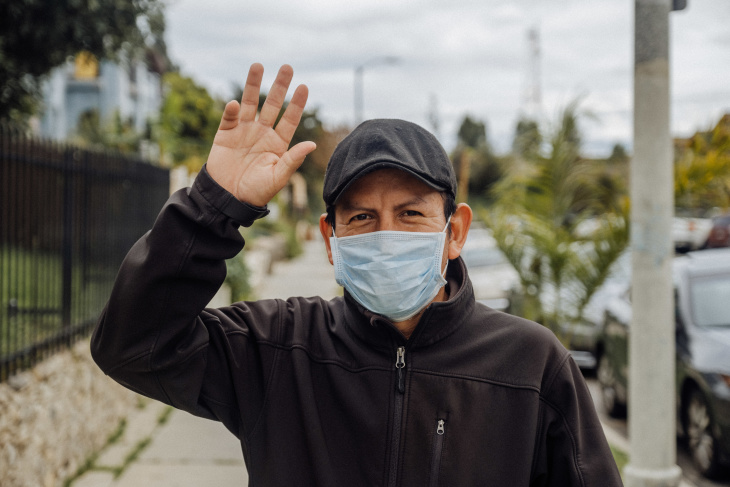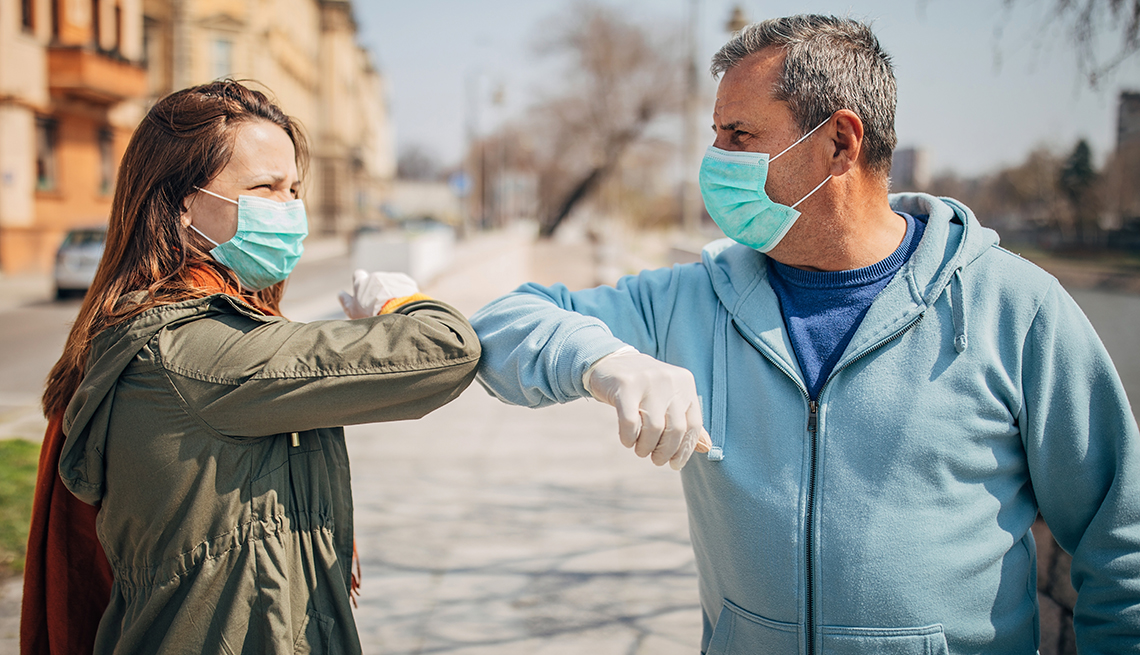Posted by Mary Demakes on June 23, 2020
Private Home Care is here to help take care of your loved ones. Dehydration is a risk for seniors, and the caregivers of Private Home Care use these tips and techniques to help make sure our clients are safe and hydrated!
1. Remember that there are many sources of fluids
People don’t have to drink only plain water to get hydrated. Coffee, tea, fruit juice, sweetened beverages, fruits, and vegetables all contain water.
If dehydration is a serious issue for your older adult, but they really resist drinking healthy fluids, it may be necessary to make trade-offs like allowing them to drink less healthy options like sugary drinks or diet soda.
To be sure that the pros outweigh the cons and their overall health will benefit, speak with their doctor. first
Or, try serving more foods with high water content to increase hydration without drinking fluids.
2. Keep water close by at all times
Sometimes, making it easy for seniors to serve themselves could encourage them to drink more water.
Try keeping a lightweight pitcher of water and a cup near their favorite seat to make it quick and convenient to take a drink. Having a special or beautifully decorated cup can help encourage drinking more water!
3. Experiment with beverages at different temperatures
Your senior may prefer hot drinks to cold, or the other way around. Experiment to find out which type they like better.
Try different things like warming up juices, making decaf iced coffee with cream, or adding plain soda water to make tea or juice bubbly.
4. Try something savory
Those who like savory foods may enjoy drinking hot soup broth instead of a sweet or neutral tasting beverage.
For convenience, the broth could come from a can, box, or powder. It’s especially comforting in cold weather.
And if your older adult is watching their sodium intake, make sure to get a low sodium broth or consider making homemade broth.
5. Make popsicles
Homemade popsicles made from fruit juice or a mix of juice and water are a great treat and a great way to get more fluids into your older adult. You can even include frozen berries – adds to the taste and texture of the popsicle and gives it a healthy boost from antioxidant rich berries!
6. Offer smoothies, milkshakes, Ensure, sports drinks
Some stubborn older adults may really resist drinking fluids.
If so, you could try enticing them with smoothies, milkshakes, Ensure, or sports drinks even if they’re not the healthiest choices.
If they like the flavor or texture of these options, they may be more willing to drink them regularly.
7. Set a timer or reminder! Older adults tend to do well with routines, and incorporating hydration into a routine can be helpful to keep a person hydrated!









